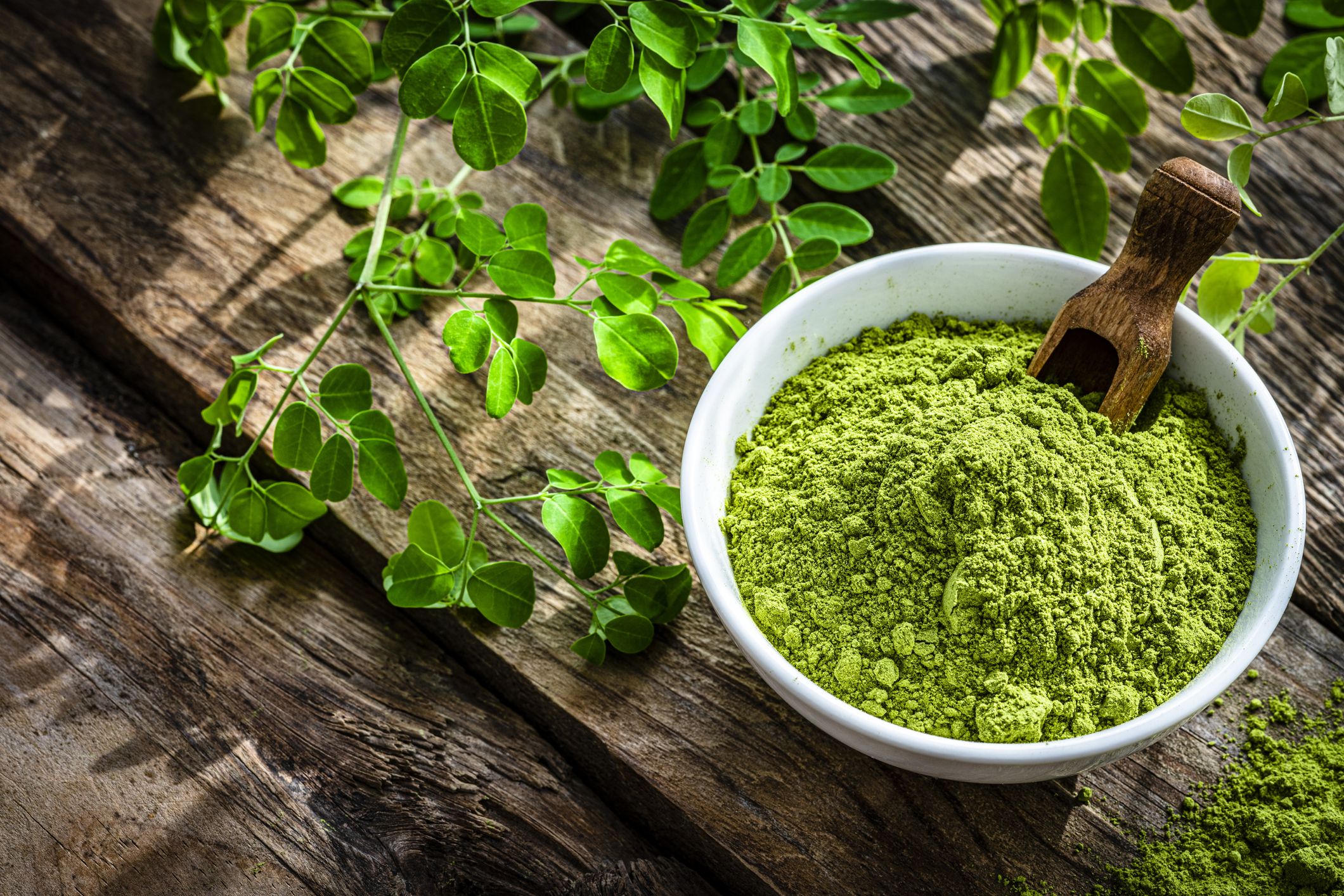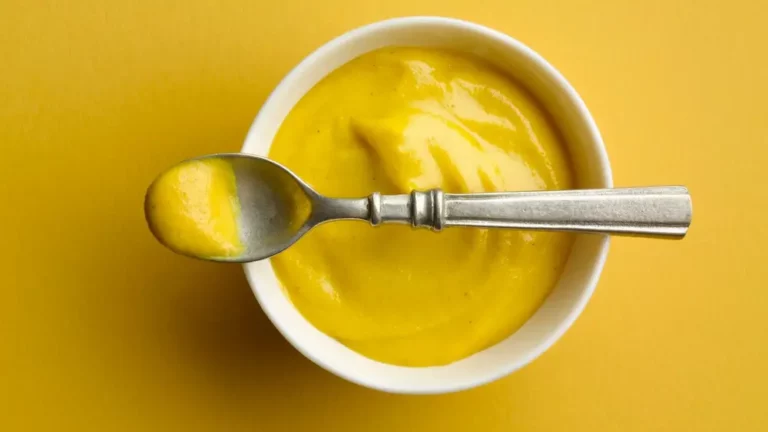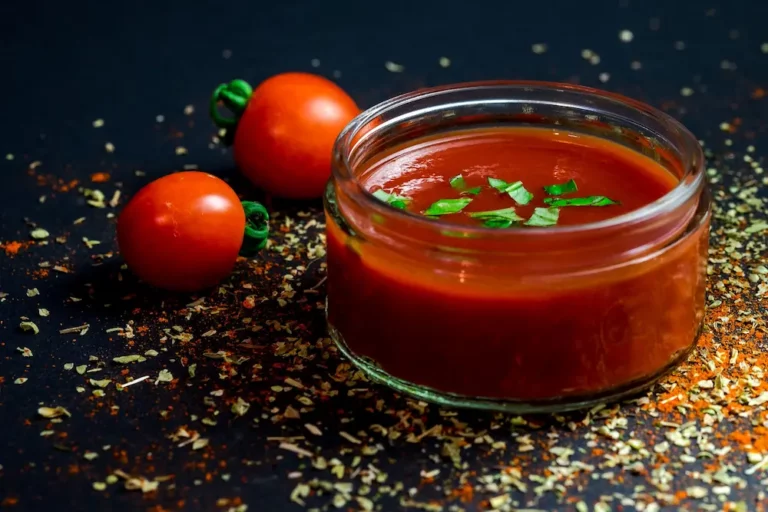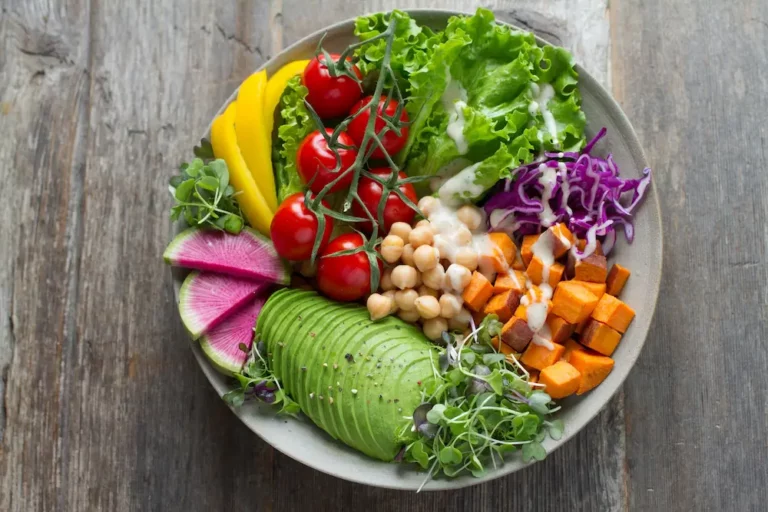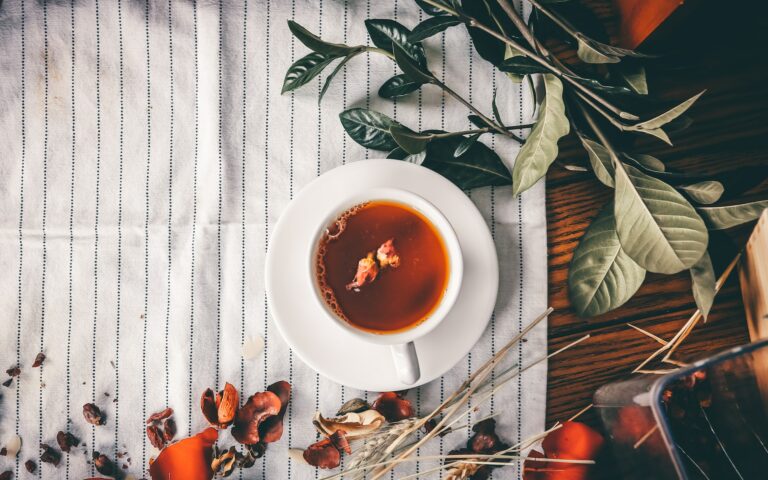How to Make Moringa Powder: A Simple Guide
Making your own moringa powder can be a great way to add a nutritional boost to your diet. Moringa powder is made from the leaves of the Moringa oleifera tree, which is native to India and other parts of Asia. It is known for its high levels of vitamins, minerals, and antioxidants, making it a popular superfood.
To make moringa powder at home, you will need to start by harvesting the leaves from a mature moringa tree. Once you have the leaves, you can then dry them using a variety of methods, such as sun-drying, oven-drying, or using a dehydrator. Once the leaves are dry, you can then grind them into a fine powder and store the powder in an airtight container. By making your own moringa powder, you can ensure that you are getting a high-quality product that is free from additives and preservatives.
Understanding Moringa
Moringa, also known as the drumstick tree or miracle tree, is a plant that has been used for centuries in traditional medicine. It is native to India, but can now be found in many parts of the world due to its popularity.
The most common species of moringa is Moringa oleifera, which is a fast-growing tree that can reach up to 10 meters in height. It is known for its high nutritional value, as it contains a wide range of vitamins, minerals, and antioxidants.
Moringa leaves are the most commonly used part of the tree, as they are rich in nutrients and can be used to make moringa powder. The powder can then be added to a variety of dishes or used as a supplement.
Aside from its nutritional value, moringa has also been shown to have various health benefits. It has anti-inflammatory properties, which can help reduce inflammation in the body. It also has antibacterial properties, which can help fight off infections.
Overall, moringa is a versatile plant that can be used in many ways to improve your health. Whether you are looking for a nutritional supplement or a natural remedy for various ailments, moringa is definitely worth considering.
Health Benefits of Moringa
Moringa is a superfood that is packed with essential vitamins, minerals, and nutrients that are beneficial for your overall health. Here are some of the health benefits that you can get from consuming moringa powder:
- Antioxidant properties: Moringa powder is rich in antioxidants that help protect your body from oxidative stress caused by free radicals. Antioxidants help prevent chronic diseases such as cancer, diabetes, and heart disease.
- Nutrient-dense: Moringa powder is a good source of vitamins A, C, and E, calcium, iron, and protein. It also contains all nine essential amino acids that your body needs to function properly.
- Anti-inflammatory: Moringa powder has anti-inflammatory properties that help reduce inflammation in the body. Chronic inflammation is linked to many diseases such as arthritis, diabetes, and heart disease.
- Tissue protective properties: Moringa powder can protect your liver, kidneys, heart, and lungs from damage caused by toxins and oxidative stress.
- Weight loss: Moringa powder can help you lose weight by reducing your appetite and increasing your metabolism. It also helps improve digestion and eliminates toxins from the body.
- Antimicrobial properties: Moringa powder has antimicrobial properties that help fight infections caused by bacteria, viruses, and fungi. It is effective against tuberculosis, hypertension, and tumors.
- Skin diseases: Moringa powder can help treat skin diseases such as eczema, psoriasis, and acne. It has anti-inflammatory and antimicrobial properties that help soothe and heal the skin.
- Cognitive function: Moringa powder contains neuro-enhancers that help improve cognitive function and memory. It also contains polyphenols that help protect the brain from oxidative stress.
In conclusion, consuming moringa powder can provide many health benefits for your body. It is a nutrient-dense superfood that can help prevent chronic diseases, promote weight loss, and improve cognitive function.
Growing and Harvesting Moringa
Growing and harvesting Moringa is a relatively easy process that can be done in your own backyard. Here are some steps to help you get started:
Step 1: Choose a Sunny Location
Moringa trees thrive in warm, sunny locations, so choose a spot in your yard that gets plenty of sunlight. The tree can grow up to 10 feet tall, so make sure there is enough space for it to grow.
Step 2: Plant the Seeds
Plant the Moringa seeds in well-drained soil. The seeds should be planted about an inch deep and spaced about 3 feet apart. Water the seeds regularly until they sprout.
Step 3: Water the Tree
Once the tree has sprouted, water it regularly. Moringa trees need about an inch of water per week, so make sure to water it accordingly.
Step 4: Harvest the Leaves
When the Moringa tree is about 6 feet tall, you can start harvesting the leaves. Cut the branches about 3 feet from the ground to collect the leaves. You can also collect the leaves from the trunk of the tree.
Step 5: Harvest the Pods
Once the Moringa tree is about 8 feet tall, it will start producing pods. The pods can be harvested when they are about 6-8 inches long. Cut the pods off the tree and remove the seeds.
Step 6: Harvest the Seeds
The seeds can be harvested from the pods and used to grow new Moringa trees. Simply remove the seeds from the pods and plant them in well-drained soil.
Step 7: Dry the Leaves
After harvesting the leaves, dry them in a cool, dry place. Once the leaves are completely dry, grind them into a fine powder using a blender or food processor.
By following these steps, you can easily grow and harvest Moringa in your own backyard. Not only is it a great way to add nutrients to your diet, but it can also be used for survival purposes due to its high nutritional value.
Preparing Moringa Leaves
To make moringa powder, you need to start with fresh moringa leaves. Here are some steps to prepare the leaves:
- Wash the leaves: Rinse the leaves thoroughly with clean water to remove any dirt or debris.
- Separate the leaves from the stems: After washing, remove the leaves from the stems. You can do this by hand or using a knife.
- Air dry the leaves: Lay the leaves out in a single layer on a clean towel or paper towel to air dry for a few hours, until they are no longer damp to the touch. This will help prevent mold or bacteria growth during the drying process.
- Hang the leaves: If you have a lot of leaves, you can hang them up to dry. Tie the stems together and hang them upside down in a well-ventilated area. Make sure they are not too close together to allow for proper air circulation.
- Oven-drying: If you don’t have enough time to air dry the leaves, you can oven-dry them. Spread the leaves out on a baking sheet and put them in the oven at the lowest temperature setting for a few hours until they are dry and crispy.
- Dehydrator: If you have a dehydrator, you can use it to dry the leaves. Spread the leaves out on the trays and set the temperature to 40-50°C (104-122°F) and let them dry for 6-8 hours.
Once the leaves are completely dry, you can grind them into a fine powder using a mortar and pestle or a blender. Store the powder in an airtight container and keep it in a cool, dry place away from sunlight.
Making Moringa Powder
Moringa powder is a great way to incorporate the nutrient-rich moringa leaves into your diet. Making moringa powder is a simple process that involves drying and grinding the leaves into a fine powder. Here’s how you can make moringa powder at home:
Step 1: Harvest and Wash the Leaves
Harvest fresh moringa leaves from the tree and discard the stems. Rinse the leaves in clean water to remove any dirt or debris.
Step 2: Dry the Leaves
Spread the leaves out on a clean, dry surface and allow them to air-dry in a shaded area for a few days. Alternatively, you can use a dehydrator or an oven to dry the leaves quickly.
Step 3: Grind the Leaves
Once the leaves are completely dry, grind them into a fine powder using a blender or a food processor. You may need to do this in batches depending on the size of your blender.
Step 4: Strain the Powder
To remove any large pieces or impurities, sift the powder through a fine mesh sieve. You can also use a coffee filter or cheesecloth to strain the powder.
Step 5: Store the Powder
Store the moringa powder in an airtight container in a cool, dry place. The powder can be used for up to six months.
Moringa powder is a great source of nutrients, including vitamins A, C, and E, calcium, iron, and protein. One tablespoon of moringa powder contains approximately:
- 22% of your daily recommended intake of vitamin C
- 41% of your daily recommended intake of vitamin A
- 71% of your daily recommended intake of iron
Adding moringa powder to your diet is a great way to boost your nutrient intake. You can add the powder to smoothies, soups, sauces, and baked goods, or use it as a seasoning for your favorite dishes.
Storing Moringa Powder
Once you have made your own moringa powder, you need to store it properly to maintain its freshness and potency. Here are a few tips on how to store your moringa powder:
- Store your moringa powder in an airtight container to prevent moisture, air, and light from getting in. This will help preserve the quality and flavor of the powder for a longer period of time.
- Keep your moringa powder in a cool, dry place, away from direct sunlight and heat. Exposure to heat and sunlight can reduce the nutritional value of the powder and cause it to lose its potency.
- If you have a vacuum sealer, you can use it to store your moringa powder. This will help remove any air from the container and prevent oxidation, which can cause the powder to spoil.
- Label your moringa powder container with the date of production and expiration date. Moringa powder can last up to 6 months if stored properly, but it is best to use it within 3-4 months to ensure maximum freshness and potency.
By following these simple storage tips, you can ensure that your moringa powder remains fresh and potent for a longer period of time.
Incorporating Moringa Powder into Your Diet
Moringa powder is a versatile ingredient that can be added to various dishes, drinks, and snacks to boost their nutritional value. Here are some easy and delicious ways to incorporate moringa powder into your diet:
1. Moringa Tea
Moringa tea is a popular way to consume moringa powder. Simply add a teaspoon of moringa powder to a cup of hot water and let it steep for 5-10 minutes. You can also add other ingredients like honey, lemon, or ginger to enhance the flavor.
2. Smoothies and Shakes
Moringa powder can be added to smoothies and shakes to give them a healthy boost. Combine your favorite fruits, vegetables, and protein powder with a teaspoon of moringa powder for a nutritious and tasty drink.
3. Dishes and Salads
Moringa powder can be added to various dishes and salads to increase their nutritional value. Sprinkle a teaspoon of moringa powder over your favorite pasta, rice, or quinoa dish. You can also mix it with salad dressing for a healthy and flavorful salad.
4. Milk and Yogurt
Moringa powder can be added to milk or yogurt for a nutritious and tasty drink or snack. Mix a teaspoon of moringa powder with your favorite milk or yogurt and sweeten it with honey or maple syrup if desired.
5. Edible Snacks
Moringa powder can also be added to various edible snacks like energy balls, granola bars, and homemade protein bars. Mix a teaspoon of moringa powder with other ingredients like oats, nuts, and dried fruits for a healthy and tasty snack.
Incorporating moringa powder into your diet is a great way to boost your nutritional intake and improve your overall health. Try out these easy and delicious ways to add moringa powder to your daily meals and snacks.
Additional Uses of Moringa
Aside from making moringa powder, there are many other ways to use this versatile plant. Moringa has been used for centuries in Ayurvedic medicine and has been found to have antibacterial, antimicrobial, and anti-inflammatory properties. Here are some additional uses of moringa that you might find helpful:
For Cleansing
Moringa is a natural detoxifier and can help cleanse your body of toxins. You can add moringa powder to your smoothies or juices to help flush out toxins and improve your overall health.
For Skin Diseases
Moringa has been found to be effective in treating a variety of skin diseases, including eczema, psoriasis, and acne. You can apply moringa oil or a paste made from moringa leaves directly to your skin to help soothe and heal skin conditions.
In Ayurvedic Medicine
Moringa has been used in Ayurvedic medicine for centuries to treat a variety of ailments, including arthritis, diabetes, and digestive issues. It is believed to have a cooling effect on the body and can help balance the three doshas (vata, pitta, and kapha).
As an Antibacterial and Antimicrobial Agent
Moringa has been found to have antibacterial and antimicrobial properties, making it effective in fighting off harmful bacteria and viruses. You can use moringa oil or a paste made from moringa leaves to treat cuts, wounds, and other skin infections.
Anti-Inflammatory Properties
Moringa has been found to have anti-inflammatory properties, making it effective in reducing inflammation and swelling in the body. This can be helpful in treating conditions such as arthritis, asthma, and allergies.
Overall, moringa is a powerful plant with many health benefits. Whether you use it to make moringa powder or incorporate it into your daily routine in other ways, you can reap the many benefits of this amazing plant.
Frequently Asked Questions
What are the benefits of consuming moringa powder?
Moringa powder is a nutrient-dense superfood that has numerous health benefits. It is rich in vitamins, minerals, and antioxidants that can boost your immune system, improve digestion, and reduce inflammation. Consuming moringa powder regularly can also help regulate blood sugar levels, lower cholesterol, and promote healthy skin and hair.
How much moringa powder should I take per day?
The recommended daily dosage of moringa powder is 1-2 teaspoons. However, it is important to consult with a healthcare professional before adding any new supplement to your diet.
What are some recipes that use moringa powder?
Moringa powder has a slightly bitter taste that can be masked by adding it to your favorite recipes. You can mix it into smoothies, oatmeal, cereal, salad dressings, or sauces. You can also sprinkle it on top of popcorn or roasted vegetables for an added nutritional boost.
How do I prepare moringa for consumption?
To prepare moringa for consumption, you will first need to remove the leaves from the branches and wash them thoroughly. Then, dry the leaves by either sun-drying them, shade-drying them, oven-drying them, or using a dehydrator. Once the leaves are dry, grind them into a fine powder using a food processor or blender. Finally, sift the powder to remove any large particles and store it in an airtight container.
Can I drink moringa powder every day?
Yes, you can drink moringa powder every day. However, it is important to follow the recommended daily dosage and consult with a healthcare professional before adding any new supplement to your diet.
Are there any side effects of taking moringa powder?
Moringa powder is generally safe for consumption and has no known side effects when taken in moderation. However, consuming large amounts of moringa powder may cause digestive issues such as diarrhea or stomach cramps. It is important to follow the recommended dosage and consult with a healthcare professional if you experience any adverse effects.

